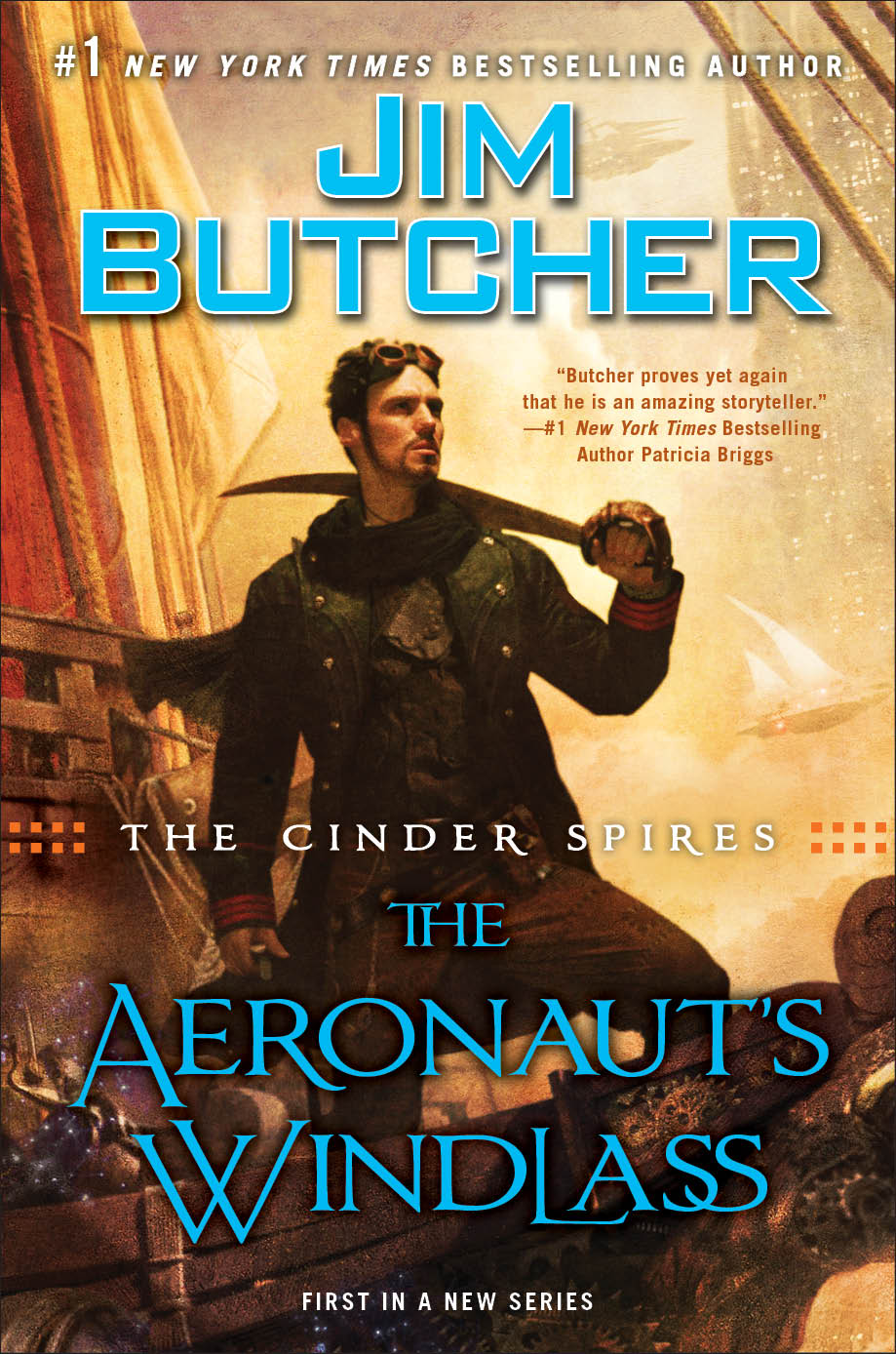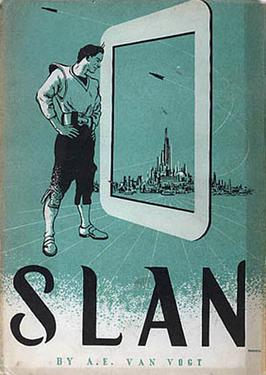Back in late March, I wrote a post about searching for an Austen audiobook I needed to read for a book club discussion. At the end of that post, I promised a followup post on watching a movie using Hoopla and Google Chromecast. I did search diligently for a movie to watch via Hoopla, one that I hadn’t already seen and that was even remotely appealing. I watched two movies from Hoopla: The Girl on the Train and Drive Hard. I wasn’t overly impressed with either of them. I searched and searched and determined that Hoopla’s catalog is just not for me, at least for movies.
I’m my own worst enemy though. I’ve been a Netflix subscriber for years, both Blu-Rays and streaming. I’m a snob when it comes to video quality as well. For example, I rarely watch anything provided by my Dish Network subscription because they compress their “HD” to such a point that it might as well be “SD” quality. If it’s not at least Blu-Ray quality, I’d rather not watch it. So anything worth seeing, I’ve either gotten the Blu-Ray from Netflix or I’ve bought it through Google Play.
So Hoopla’s movie and television catalog is dated or full of not-so-highly rated offerings. i could say similar things for Netflix streaming, but at least there are occasional gems to be had and the television shows available on Netflix are only about a year behind, except for their own flagship shows of course.
But Hoopla has more than just movies and shows. It has music (and ebooks and audiobooks and comics and … well a whole lot more). This will become significant in a moment.



